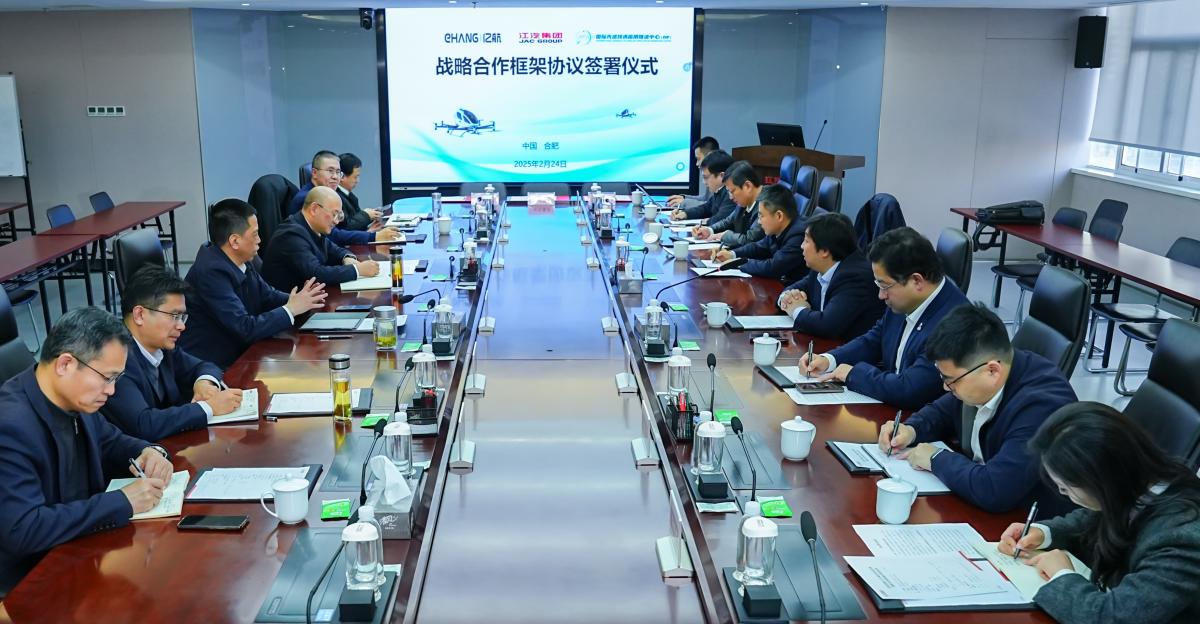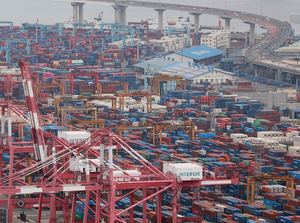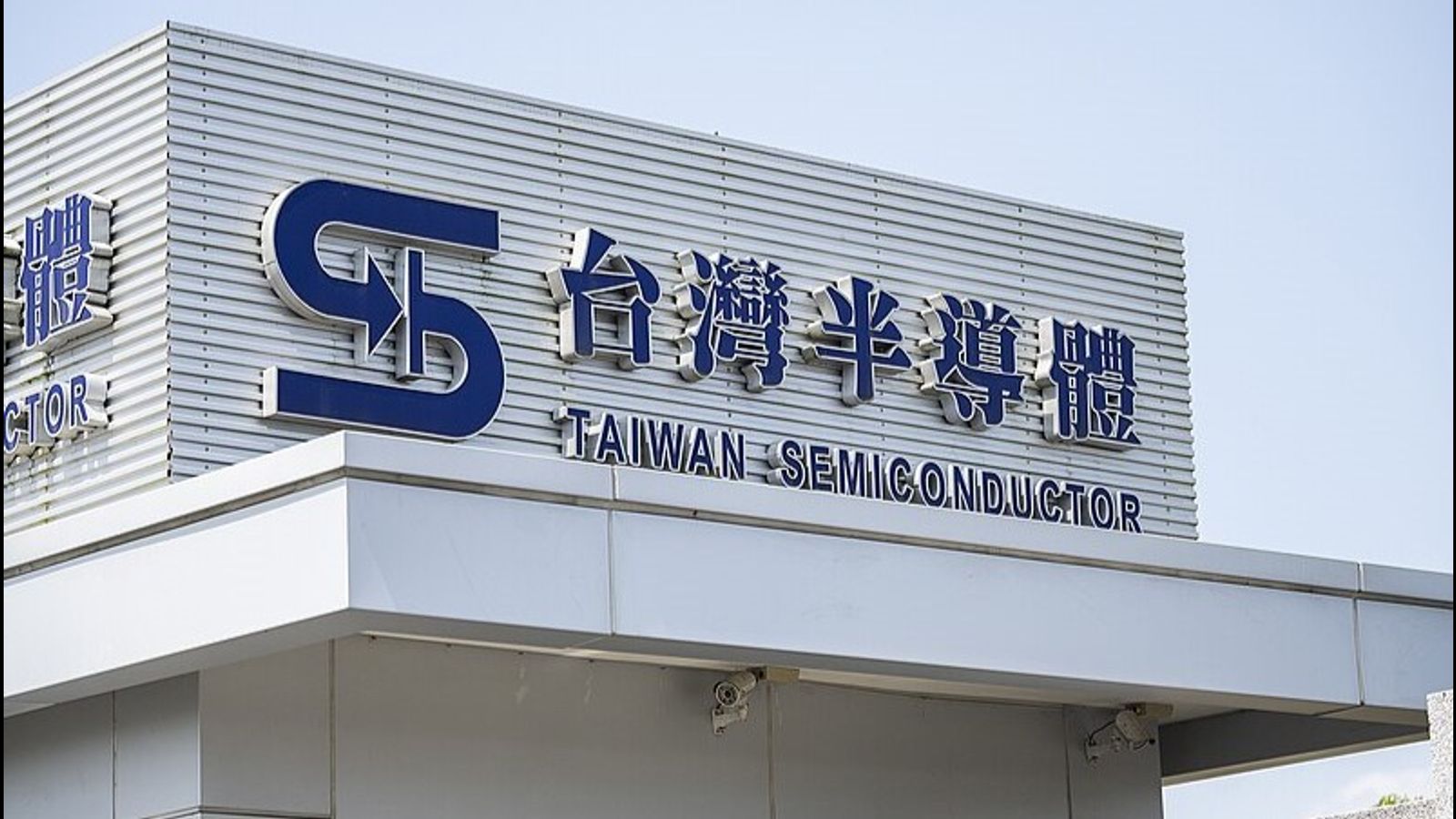Pharma's Alarm: Trump Tariffs Could Spike Drug Prices and Limit Patient Access
Manufacturing
2025-03-26 21:12:04Content

In a renewed push for trade policy, President Donald Trump has once again raised the specter of potential tariffs on pharmaceutical imports, prompting immediate concern from the Biotechnology Innovation Organization (BIO). The trade group is sounding the alarm about the potential consequences such additional duties could have on patient access to critical medications.
The proposed tariffs threaten to create significant disruptions in the pharmaceutical supply chain, potentially making essential medicines more expensive and less accessible to patients who depend on them. BIO warns that these trade measures could ultimately harm the very people they are intended to protect, by creating barriers to affordable healthcare and potentially limiting treatment options.
As the debate intensifies, healthcare advocates and industry leaders are closely watching the potential fallout from these proposed tariffs, emphasizing the critical need to balance trade policy with patient care and medical innovation.
Pharmaceutical Trade Tensions: A Deep Dive into Trump's Tariff Threats and Global Healthcare Implications
In the complex landscape of international pharmaceutical trade, the potential implementation of targeted tariffs represents a critical juncture with far-reaching consequences for global healthcare accessibility, patient outcomes, and the intricate economic ecosystem of medical innovation.Navigating the High-Stakes Pharmaceutical Trade Battlefield
The Geopolitical Pharmaceutical Chessboard
The pharmaceutical industry stands at a precarious intersection of economic policy and healthcare innovation. President Trump's renewed threats of potential tariffs on pharmaceutical imports have sent ripples of concern through global trade networks, prompting intense scrutiny from industry experts and healthcare advocates. The Biotechnology Innovation Organization (BIO) has emerged as a vocal critic, highlighting the potential catastrophic downstream effects such punitive measures could unleash on patient access to critical medications. These proposed tariffs represent more than mere economic posturing; they embody a complex negotiation of national interests, pharmaceutical supply chains, and the fundamental human right to accessible healthcare. The potential ramifications extend far beyond simple trade statistics, touching the lives of millions who depend on international pharmaceutical networks for life-sustaining treatments.Economic Ripple Effects and Healthcare Ecosystem Disruption
The proposed tariffs threaten to create a domino effect within the global healthcare ecosystem. Pharmaceutical companies, already navigating intricate regulatory landscapes, would face unprecedented challenges in maintaining cost-effective production and distribution models. Small and medium-sized pharmaceutical enterprises could be particularly vulnerable, potentially stifling innovation and reducing the diversity of medical research and development. Moreover, these trade tensions could fundamentally alter international pharmaceutical supply chains, forcing companies to reevaluate their global manufacturing strategies. The potential for increased production costs could translate directly into higher medication prices, creating significant barriers to patient access and potentially exacerbating existing healthcare inequities.Patient Impact and Global Health Considerations
At the heart of this complex trade narrative are the patients whose lives depend on uninterrupted access to essential medications. The BIO's warnings underscore a critical concern: tariffs could potentially disrupt the delicate balance of pharmaceutical supply chains, creating bottlenecks that compromise patient care. International healthcare systems are intricately interconnected, and disruptions in one region can have cascading effects globally. The proposed tariffs could potentially limit the availability of critical medications, particularly for chronic conditions and rare diseases that rely on specialized international supply networks.Technological Innovation and Strategic Resilience
The pharmaceutical industry's response to these potential trade barriers will likely accelerate technological innovation and strategic resilience. Companies may increasingly invest in localized production capabilities, explore alternative supply chain configurations, and develop more robust risk management strategies. This potential transformation could ultimately drive positive long-term changes in pharmaceutical manufacturing, encouraging greater diversification, technological advancement, and strategic adaptability. However, the immediate human cost of such transitions cannot be overlooked, particularly for vulnerable patient populations.Navigating Uncertain Terrain: Policy, Diplomacy, and Healthcare
The ongoing trade tensions represent a critical test of international diplomatic and healthcare policy frameworks. Stakeholders across governments, pharmaceutical companies, and healthcare organizations must collaborate to develop nuanced, patient-centric approaches that balance economic considerations with fundamental healthcare access principles. As the global community continues to grapple with these complex challenges, the ultimate goal remains clear: ensuring uninterrupted, affordable access to life-saving medications while maintaining a dynamic, innovative pharmaceutical ecosystem.RELATED NEWS
Manufacturing

Chip Kings' Secret Weapon: Why Billionaires Are Betting Big on Taiwan Semiconductor
2025-04-02 13:49:24
Manufacturing

Storage Giant Vetter Unleashes Massive Warehouse Expansion, Signals Major Logistics Breakthrough
2025-03-17 14:30:00
Manufacturing

Factory Floors Buzz: China's Industrial Pulse Strengthens Despite Trade Tensions
2025-03-03 03:46:09





